 Instructor
Instructor
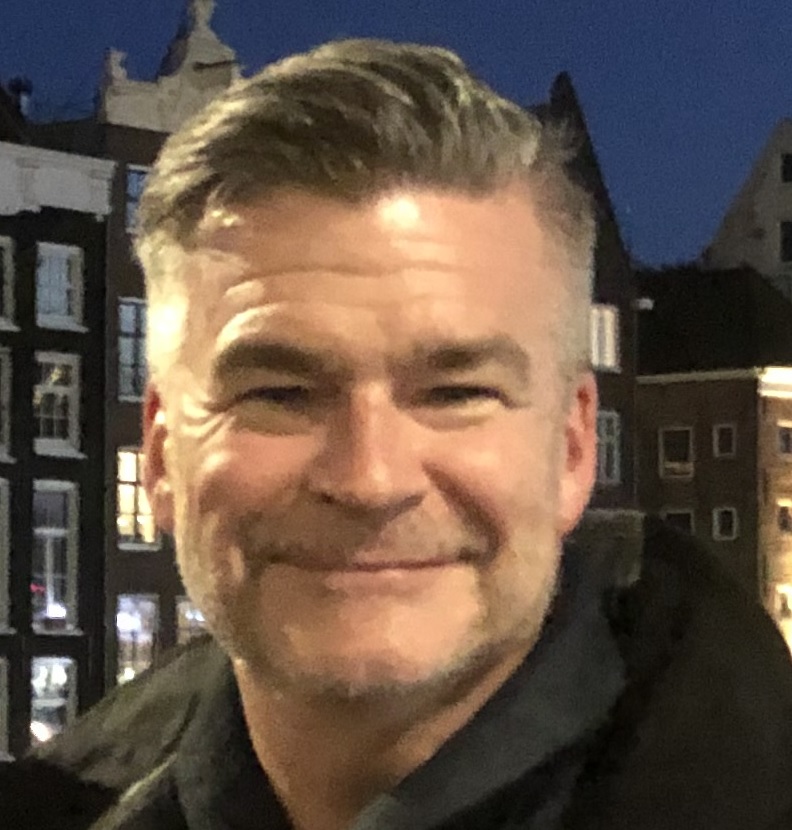
David House
 Denver, Colorado
Denver, Colorado
Audit
David House serves as Special Agent in Charge (SAC) for Infrastructure Coordination for the Department of Interior’s Office of Inspector General (OIG). SAC House has served in a variety of roles with the OIG – he was the Assistant Special Agent in Charge for the Northern Region in St. Paul, MN; was Deputy Director for the Recovery Oversight Office; was a senior case agent in Hawaii, and was the Special Agent in Charge for the Central Region in Denver, CO. He served for several years as a Special Agent in Charge for the General Services Administration OIG in San Francisco, CA and before that, served as a US Army CID Agent for 12 years.
Throughout SAC House’s long tenure with DOI OIG, he has enjoyed working closely with tribes, territories, and Compact nations in the Pacific. He was instrumental in establishing the first capacity-building effort with audit offices throughout the Pacific, which led to several impactful investigations in both U.S. territories and Compact nations. SAC House provided many fraud training programs to audit offices over the years and was instrumental in establishing the first “Lakewood Experience” training seminar in Colorado.
As SAC Infrastructure Coordinator, David aims to use oversight of Bi-Partisan Infrastructure Law programs to reintroduce the Department of Interior OIG’s presence in the Pacific through a capacity-building initiative. David has a BA from Averett University in Business and he is a Certified Fraud Examiner.
 Past Courses
Past Courses
8:00 a.m. to 5:00 p.m.
CNMI (GMT+10)
CNMI
The morning session builds on the initial Basic Investigation class by teaching advanced forensic accounting techniques to help investigators detect fraud through financial audits and investigate fraud by following the money. Participants will learn from investigative partners, participate in practical exercises to demonstrate new techniques, and learn the role of forensic accounting in proceedings, and criminal court.
The afternoon session will cover advanced documentation and investigative report writing. We will cover the importance of concepts such as writing for your audience, using plain language, active voice and bottom line up front (BLUF). Participants will learn the importance of effective report writing and how to write reports that help bring investigations to trial. Finally, we will have a panel discussion where we will discuss lessons learned during joint Federal-Territorial investigations.
1:00 p.m. to 5:00 p.m.
CNMI (GMT+10)
CNMI
This seminar will include a discussion of the components of a fraud investigation program, how to identify fraud, and what to do when you find it. We will discuss developing policy, clarifying your authority and budget, identifying staff and support. We will then discuss how to find fraud, by learning how to assess organizational vulnerability to fraud, how to build sources, how to be proactive, and give an overview of fraud schemes and what investigations of those schemes might look like in the wild. We will include classroom exercises and actual case discussion.
8:00 a.m. to 12:00 p.m.
Marshall Islands (GMT+12)
Marshall Islands
In this session we will explore how to brainstorm and develop testing procedures to pull the threads and find fraud. We will also discuss fraud red flags and how investigations work within the U.S. Department of the Interior’s Office of Inspector General.
8:00 a.m. to 5:00 p.m.
Alaska (GMT-8)
Palau
The potential for bribes and kickbacks, whether in the private or public sector, is inherent in virtually every business transaction. Recent research conducted by a major financial institution revealed that an estimated one trillion dollars a year is paid in bribes worldwide. Bribes, kickbacks and other kinds of payoffs constitute types of fraud, often referred to as corruption.
Get a strong introduction to (a) the provisions of law pertaining to fraud and corruption in the forms of bribes, kickbacks and other types of payoffs; (b) activities that are particularly susceptible to such forms of fraud; (c) the short-and long-term impact; and (d) the methods used to make illegal payments. Focus on strengthening your ability to recognize the indicators of bribes, kickbacks and other types of payoffs in the procurement area and on your ability to collect evidence that they may have occurred or have occurred. Participate in case studies involving the fraudulent activities of bribes, kickbacks and other types of payoffs.
8:00 a.m. to 5:00 p.m.
Palau (GMT+9)
Palau
This seminar will build on the Basics of Investigations discussion. We will discuss what to do with allegations: the importance of timely responses, how to manage intake, how to analyze and assess fraud complaints, and what steps to take upon receiving fraud complaints. We will then discuss investigative planning: the importance of creating an investigative plan, how to scope your investigation, clarifying objectives and the importance of setting a timeline. We will include table exercises where attendees assess complaints and draft an investigative plan. Building on our investigative plan in the afternoon, we will discuss how to Identify relevant documents and other evidence, how to collect them, how to analyze them and how to use them to build an investigation. We will then discuss how to conduct fraud interviews: the difference between witnesses and subjects, how to organize multiple interviews, how to plan an interview, how to build rapport, and how to go over interview techniques for tricky subject interviews. We will include table exercises in which attendees will review documents, brief their conclusions, and role-play a subject interview.
8:00 a.m. to 12:00 p.m.
Palau (GMT+9)
Palau
In this session, we will delve into the importance of strategic oversight and how it can be used by individuals and organizations to achieve desired outcomes. We will provide case studies of how oversight has been used to move the needle - from audit recommendations and follow-up to best practices on working with oversight professionals, and our new training related to investigations and combatting fraud in the Pacific Islands. This session will provide practical tips and advice on how to harness the power of strategic oversight for success.
1:00 p.m. to 5:00 p.m.
Palau (GMT+9)
Palau
This seminar will include a discussion of the components of a fraud investigation program, how to identify fraud, and what to do when you find it. We will discuss developing policy, clarifying your authority and budget, identifying staff and support. We will then discuss how to find fraud, by learning how to assess organizational vulnerability to fraud, how to build sources, how to be proactive, and give an overview of fraud schemes and what investigations of those schemes might look like in the wild. We will include classroom exercises and actual case discussion.
 Other Instructors
Other Instructors
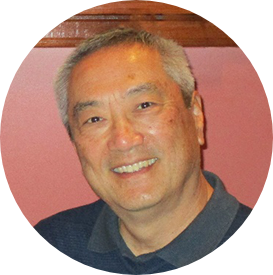
Robert Adachi
Oakland, California
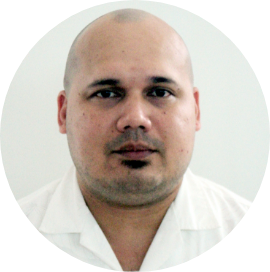
Bernard Adiniwin
Republic of Marshall Islands
.png)
David Apatang
Saipan, CNMI

Michael Barsabal
Philippines

Margie P. Bastolla
Orlando, FL
_(1).png)
David Bean
Springfield, Illinois
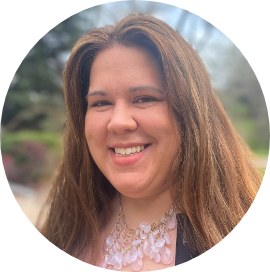
Katelyn Bell
Denver, CO
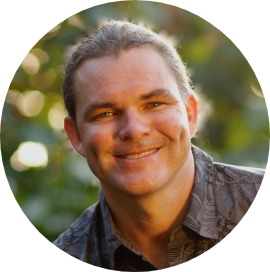
Jeffrey Berlin
Hawaii

Michael Binder
Washington, District of Columbia
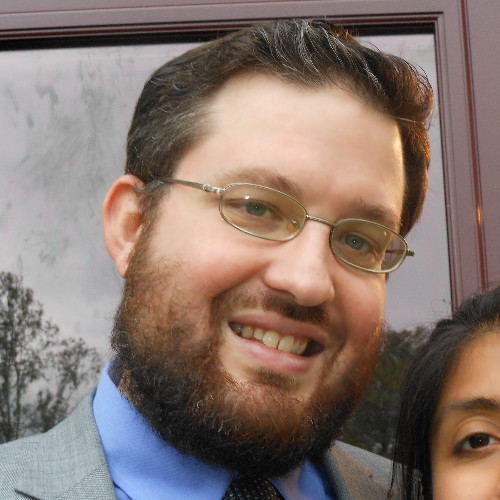
Michael Bingham
Washington DC
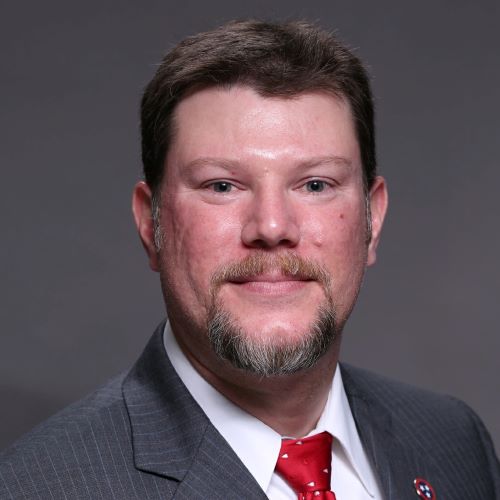
Gerry Boaz, CPA, CGFM, CGMA
Tennessee
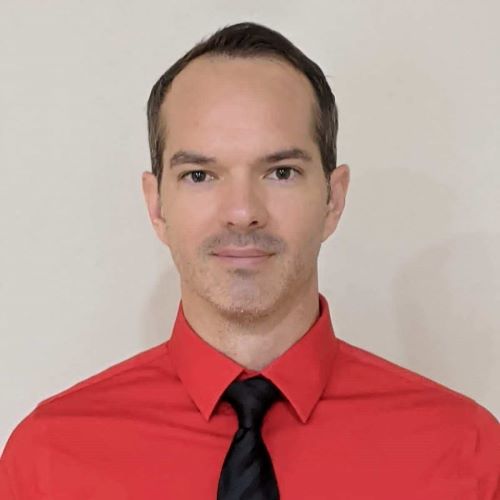
Scott Cahoon
Guam
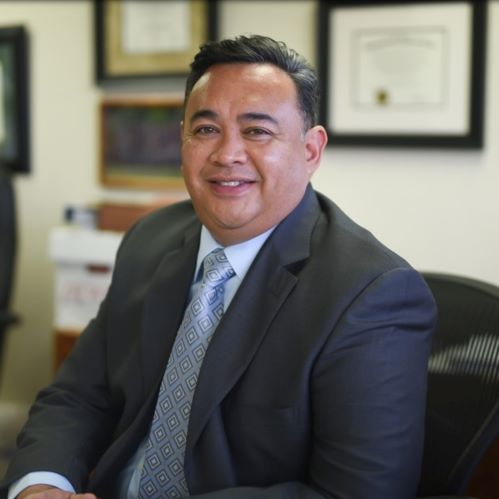
Vince Camacho, Esq.
Guam
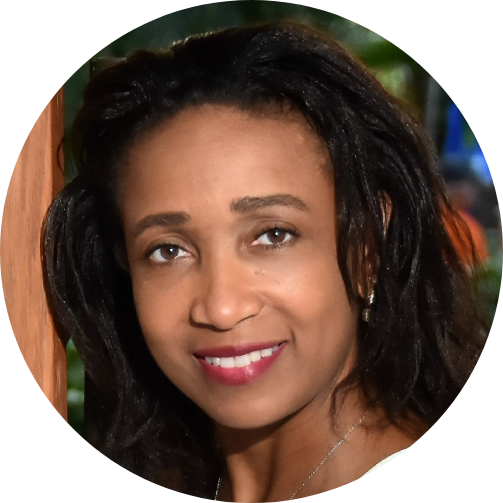
Clarissa Corbin, PMP
Williamsburg, Virginia
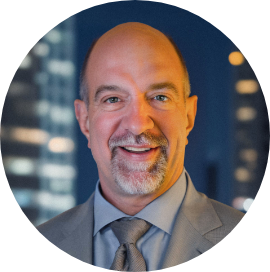
Frank Crawford
Oklahoma City, Oklahoma
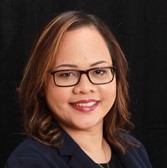
Doreen Crisostomo, Ph.D., CGFM, CFE, CICA
Guam

Benjamin Cruz, JD
Guam
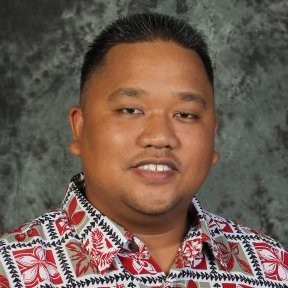
Angel A. Demapan
Saipan, CNMI
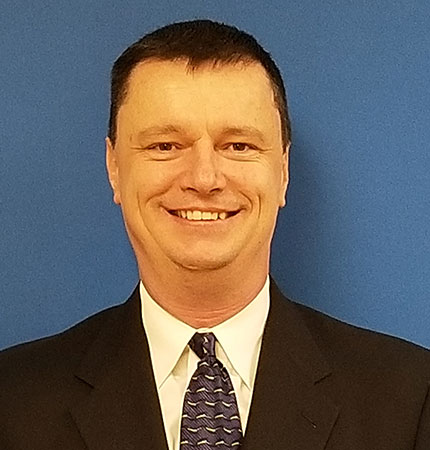
Steve Determan
Lakewood, CO
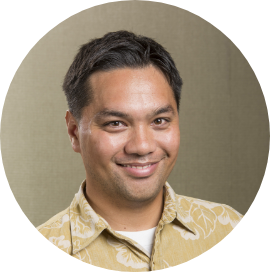
Vince Duenas
Guam
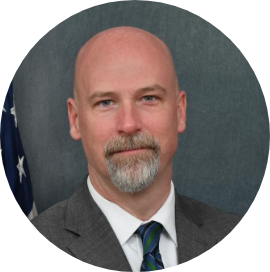
Matt Elliott
Washington, DC
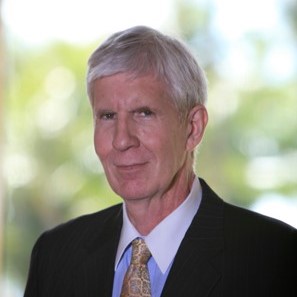
Daniel Fitzgerald, CPA
Guam

Emil Friberg
Washington, DC

Mark Funkhouser
West Virginia

Glenn Furuya
Honolulu, Hawaii
3.png)
Mark Lee Greenblatt
Washington, D.C.
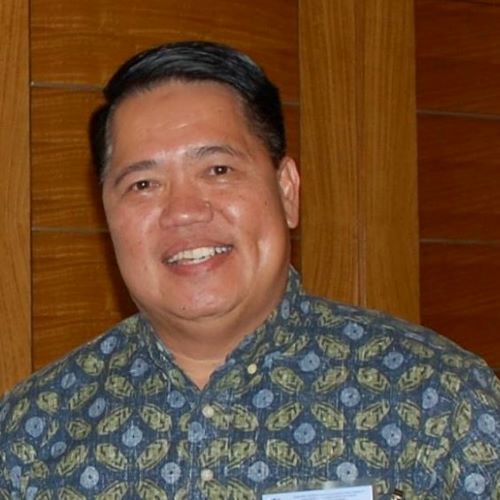
Jose Guevara, III, CGFM, PMP, MBA
Guam
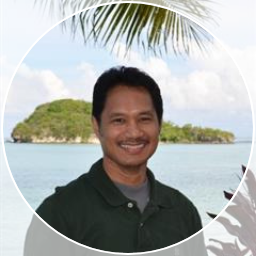
Manny Hechanova
Guam
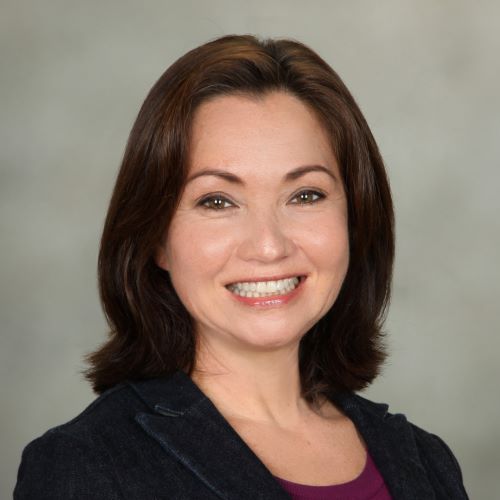
Yuka Hechanova, CPA, CIA, CGFM, CGAP, CGMA
Guam
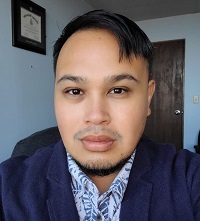
Jerrick Hernandez, MA, CGAP, CICA
Guam
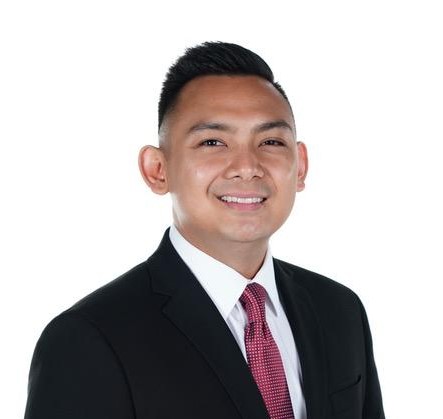
Artemio "Ricky" Hernandez, Ph.D., CGFM
Guam
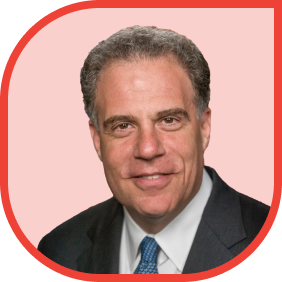
Michael E. Horowitz
Washington DC
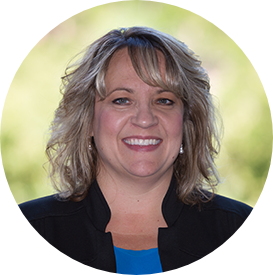
Kerri Hunter
Denver, CO
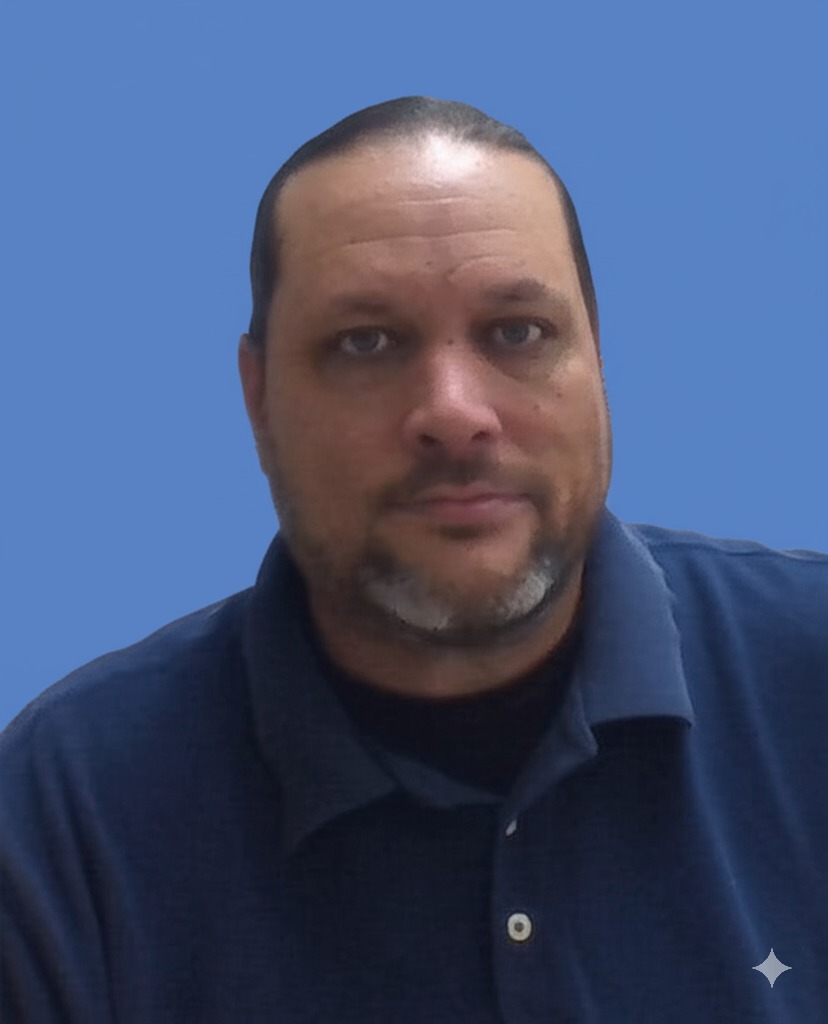
William Hunter
Saipan, CNMI

Le'Angela Ingram
Baltimore, MD
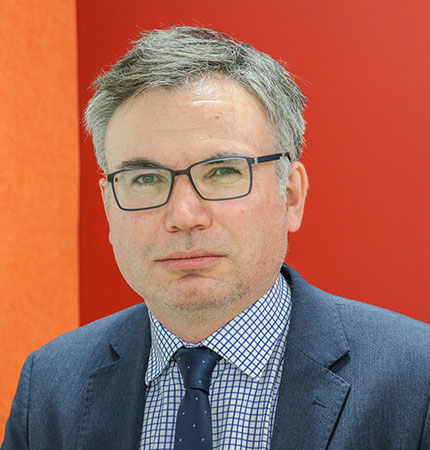
Nick Johnston
Auckland, NZ
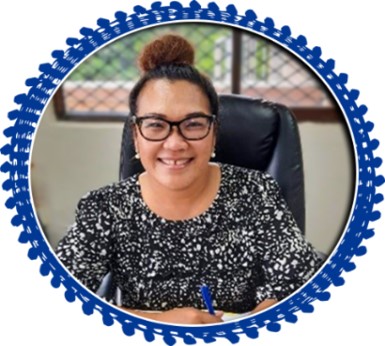
Kino Kabua
Republic of Marshall Islands
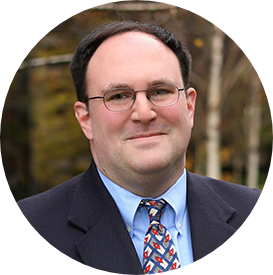
Drummond Kahn
Portland, Oregon
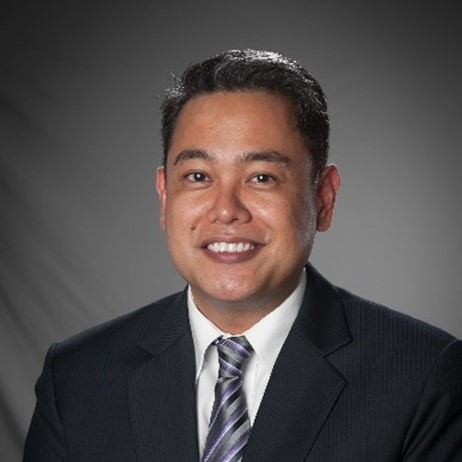
Jason Katigbak, CPA, CIA, CFE, CGMA
Guam
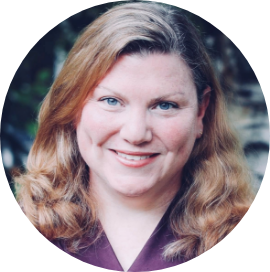
Karden Kelly
Anchorage, AK

Muhammad Khalid
Punjab
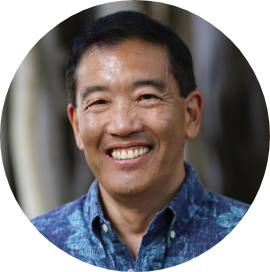
Les Kondo
Honolulu, HI
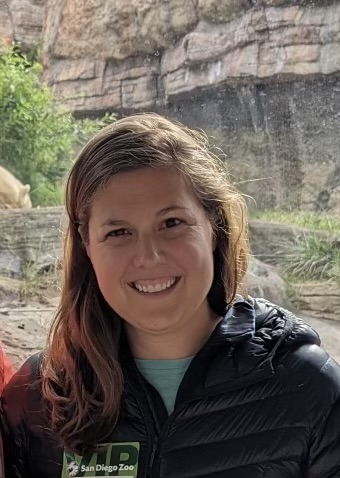
Katharine Kovacek
Denver, Colorado

Dan Kowalski
Ogden, NJ
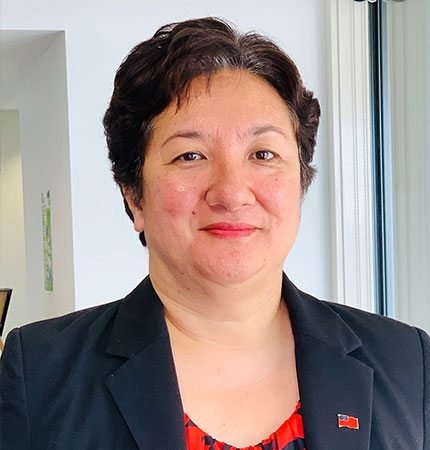
Esther Lameko-Poutoa
Auckland, New Zealand

Robert Lavigna
Madison, Wisconsin

Amin Leiman, PMP, CPC, SDC, SMC, CISA, ,MSBA, MBA
Los Angeles, California
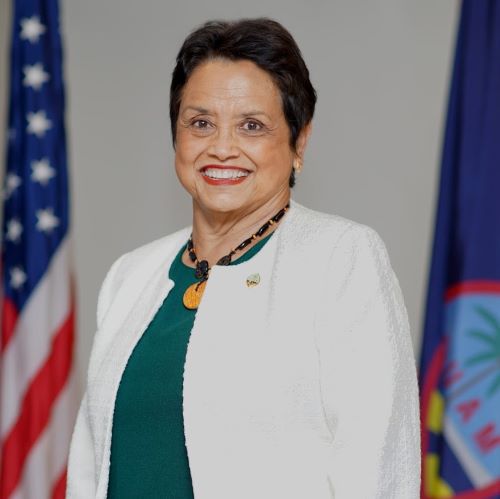
Lourdes A. Leon Guerrero
Guam
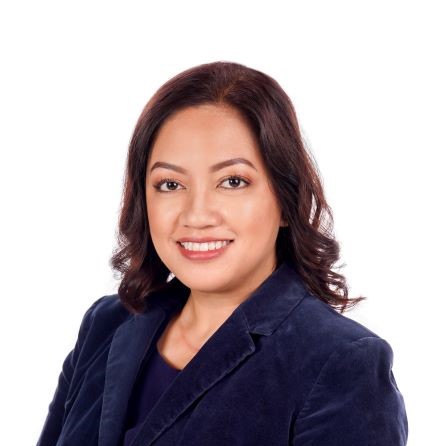
Daphne Leon Guerrero, SHRM-SCP, CAPM
Guam
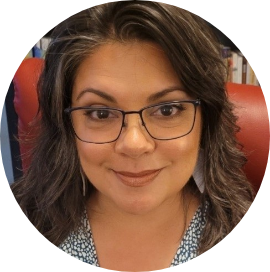
Stefani S. Levesque
Denver, CO

Sarah Markley
Auckland, NZ
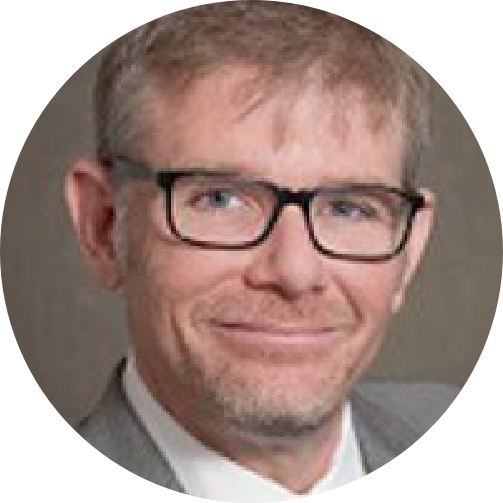
Kip R. Memmott
Salem, OR

Anna Mendiola
FSM National
-modified1.png)
Debbie Milks
Lawrence, Kansas
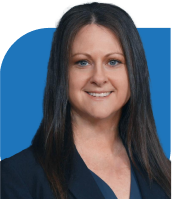
Nicki Miller
Washington, DC
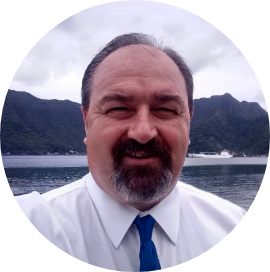
Jason Mitchell
Pago Pago, AS
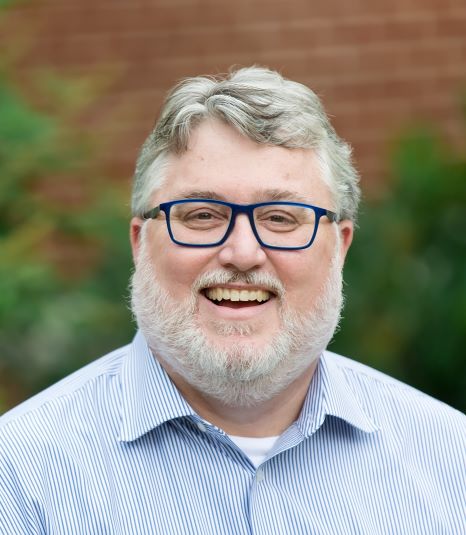
Billy Morehead, Ph.D., CPA, CGFM
Madison, MS

Mark Morgan, Ph.D., CPA, CFE
Madison, MS
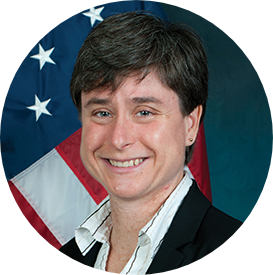
Susan Murphy
Boston, MA
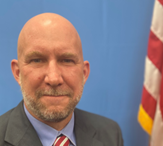
Eric S. O'Malley
Saipan, CNMI
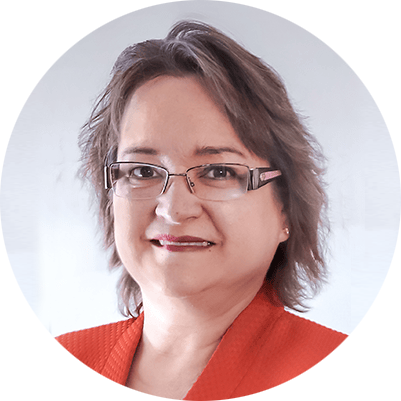
Mary Okada, Ed.D.
Guam
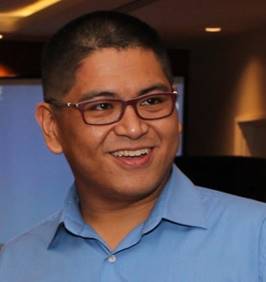
Rizalito "RG" Paglingayen, CPA
Guam
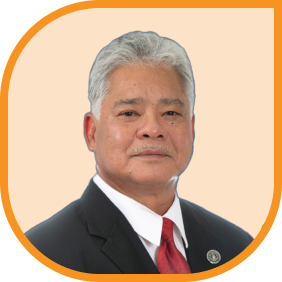
Arnold Palacios
Saipan, CNMI
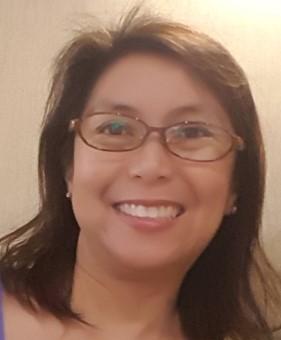
Pilar Pangelinan
Guam
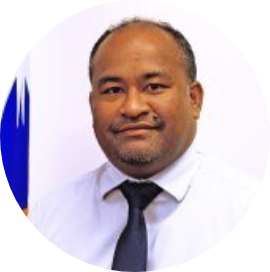
Junior Patrick
Republic of Marshall Islands
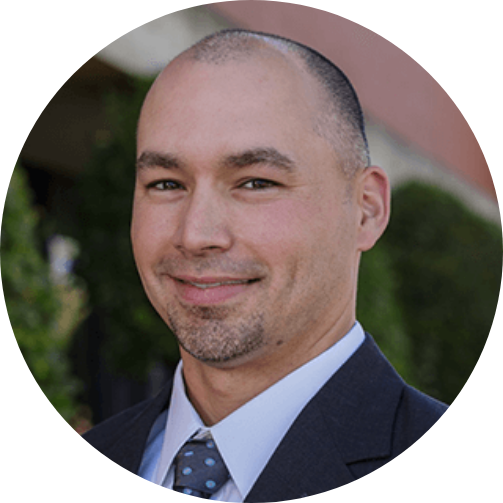
Christopher Pembrook
Oklahoma City, OK
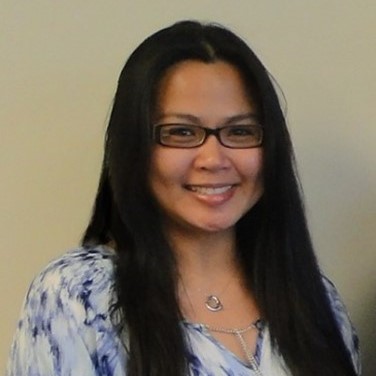
Maripaz Perez, CGFM, CGAP, CICA, CIA, CFE
Guam

Lillian Perez-Posadas, MN, RN
Guam

Skip Polson
Durham, NC
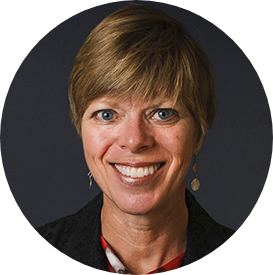
Dianne Ray
Denver, CO
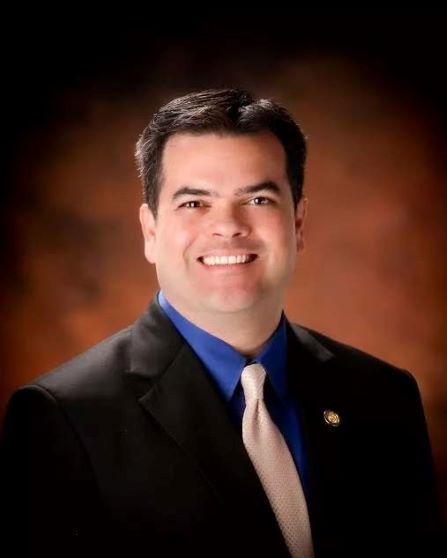
Rory J. Respicio
Guam
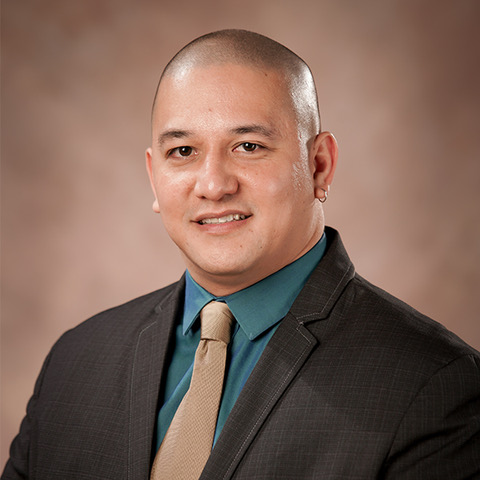
John J. Rivera, Ph.D., AIF, CFE, CM, SHRM-SCP
Guam
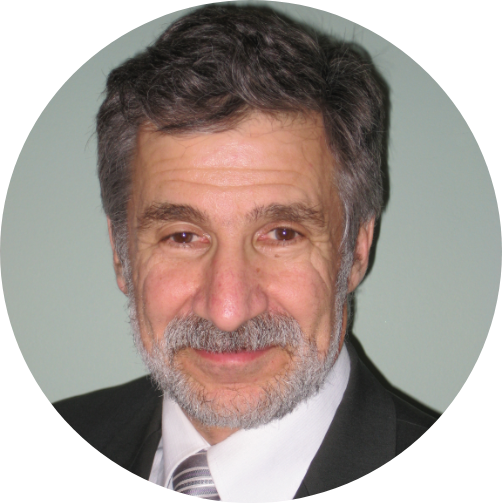
Martin Ruben
Charlottetown, PEI
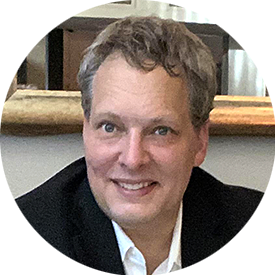
David Rykken
Washington, DC
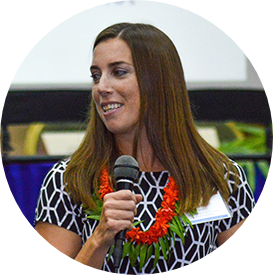
Beth Schubert
Denver, Colorado

Kathleen Sedney
Washington DC
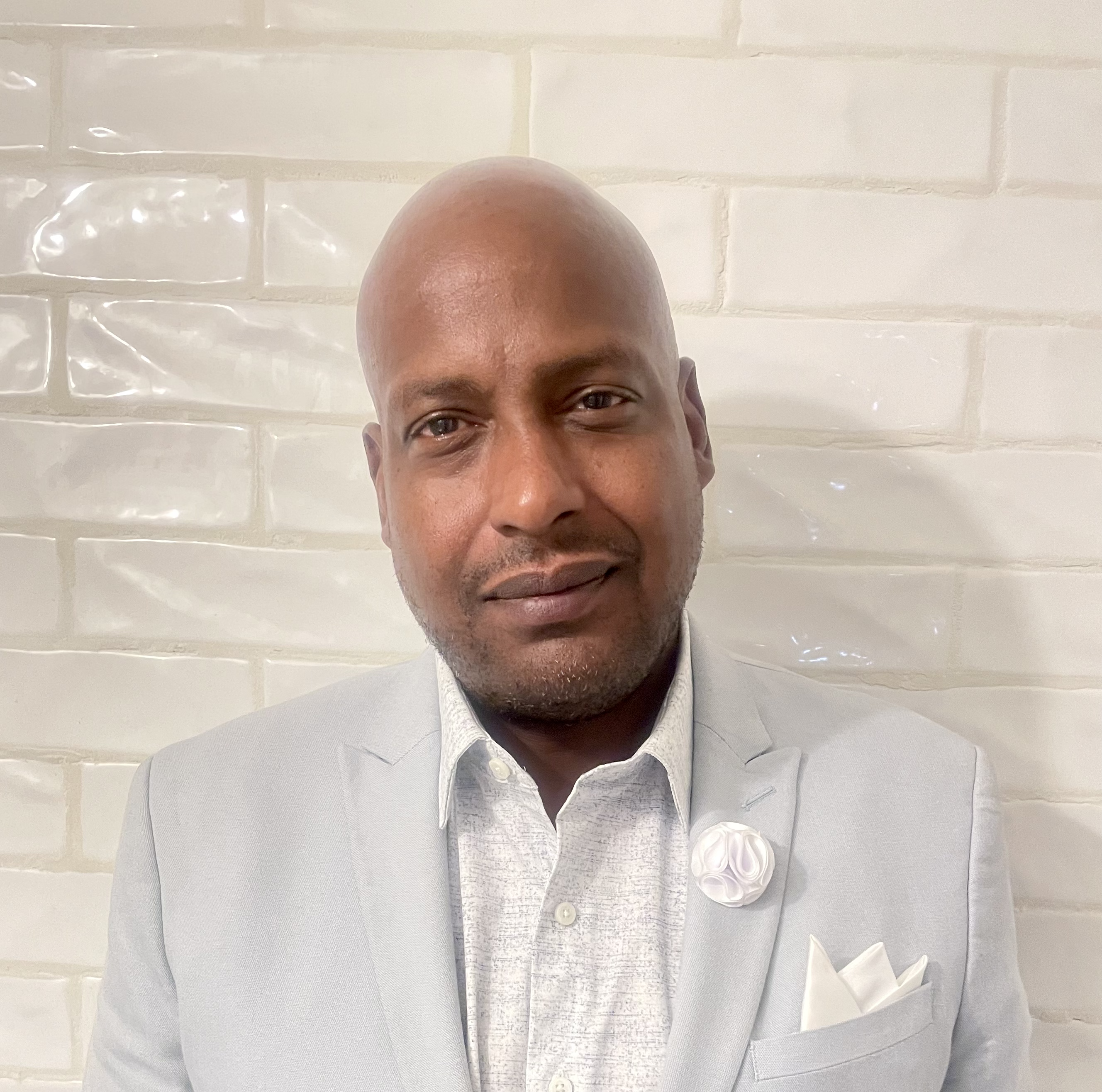
Seitu Stephens
Philadelphia

Mark Sturton
United Kingdom

Pending Traveler
NY
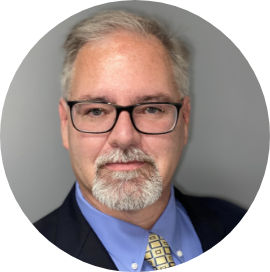
Terry VanEaton
American Samoa
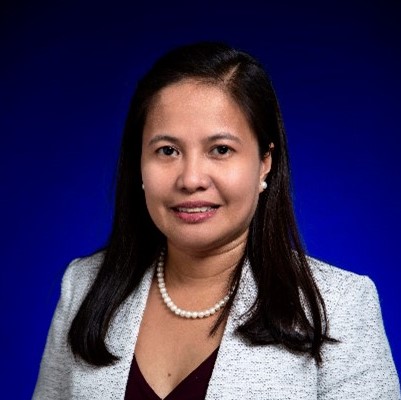
Josephine Villanueva, CPA, CGMA, CGFM, CSAF, SHRM-CP, PMP
Guam

Mizpah Wiegand, CPA
Guam
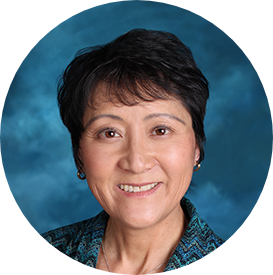
 +1.808.523.1650
+1.808.523.1650








 10 October 2025
10 October 2025  Monique
Monique  September 10, 2025
September 10, 2025 CPEs - 8 Credit Hours
CPEs - 8 Credit Hours Photo Gallery
Photo Gallery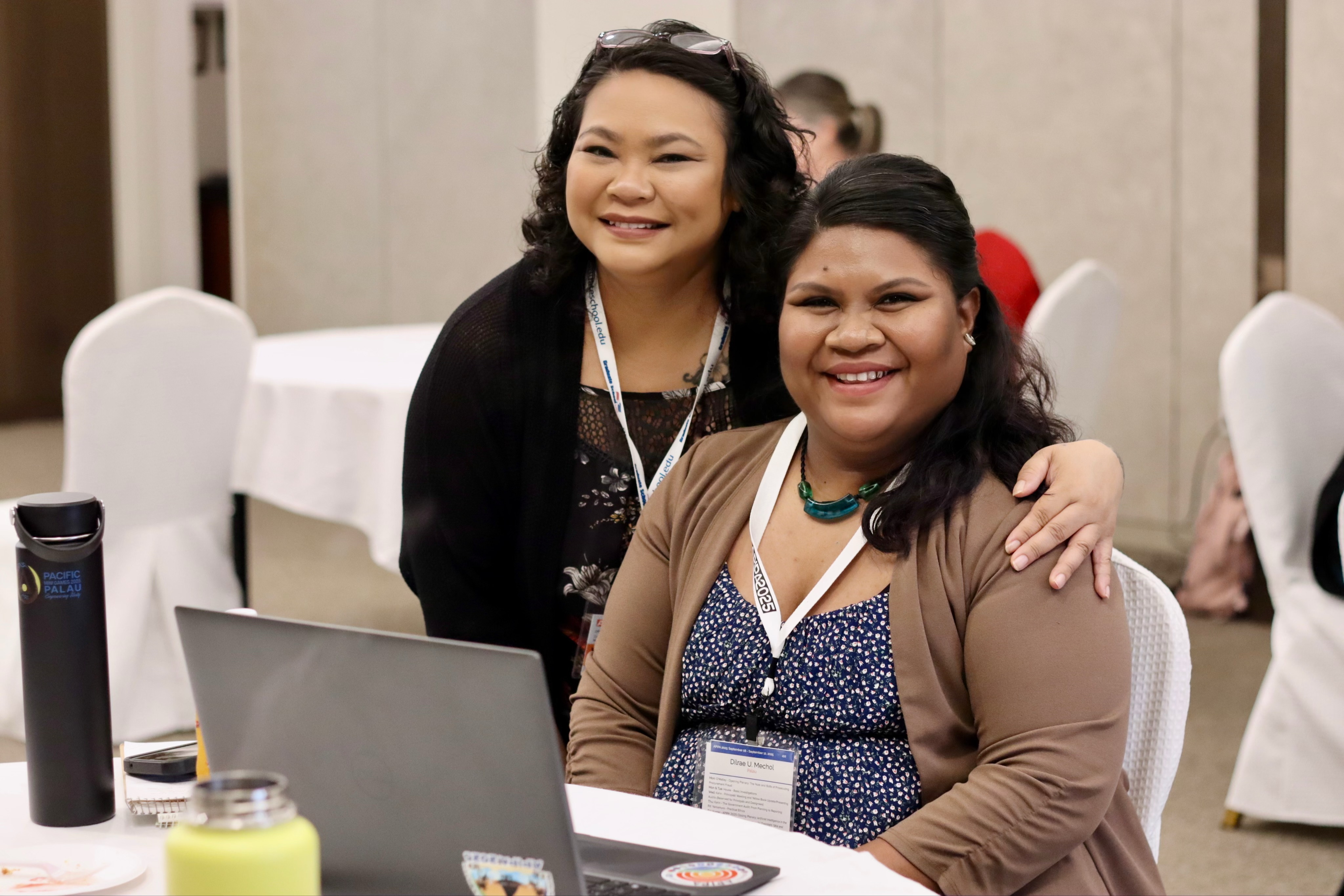
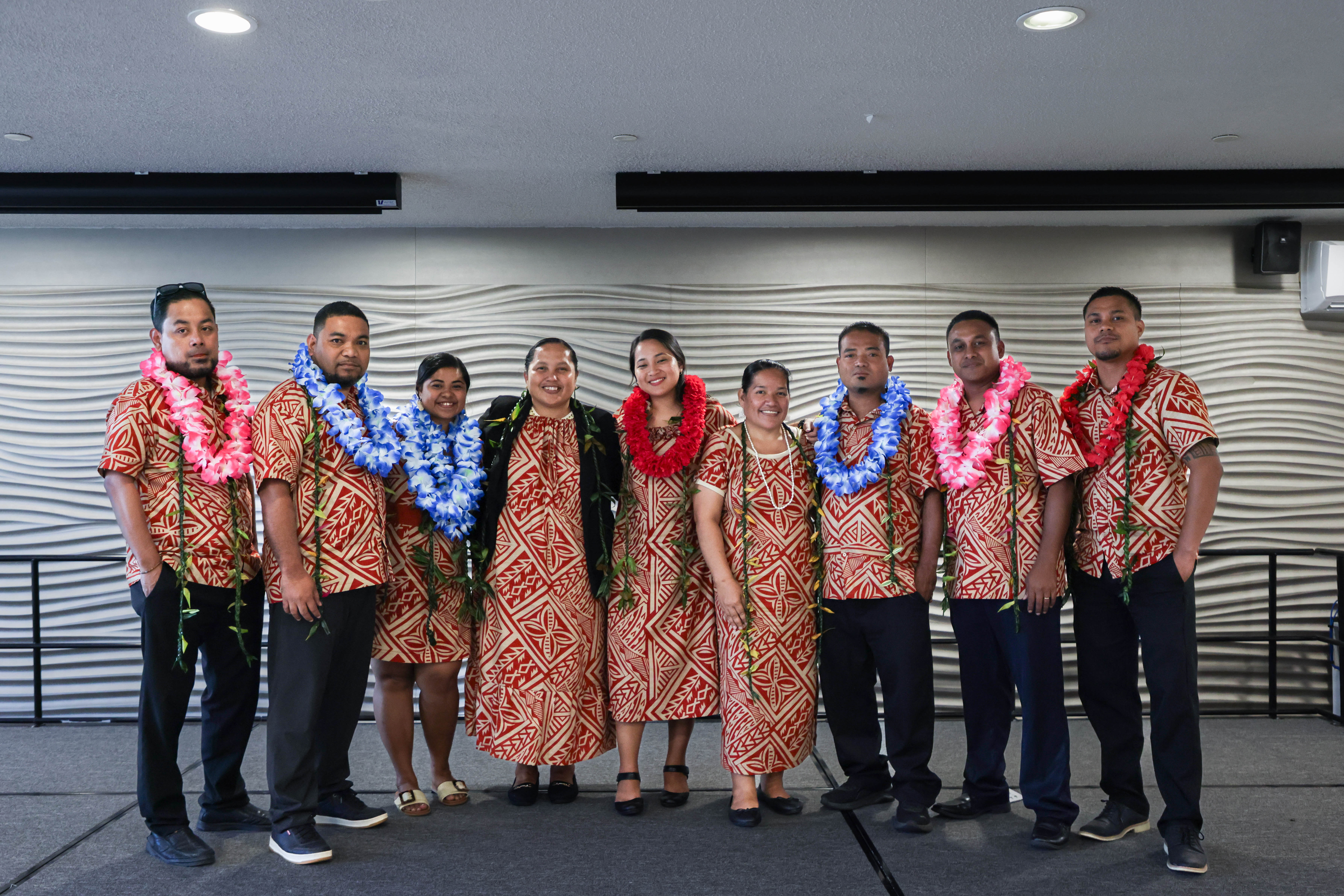
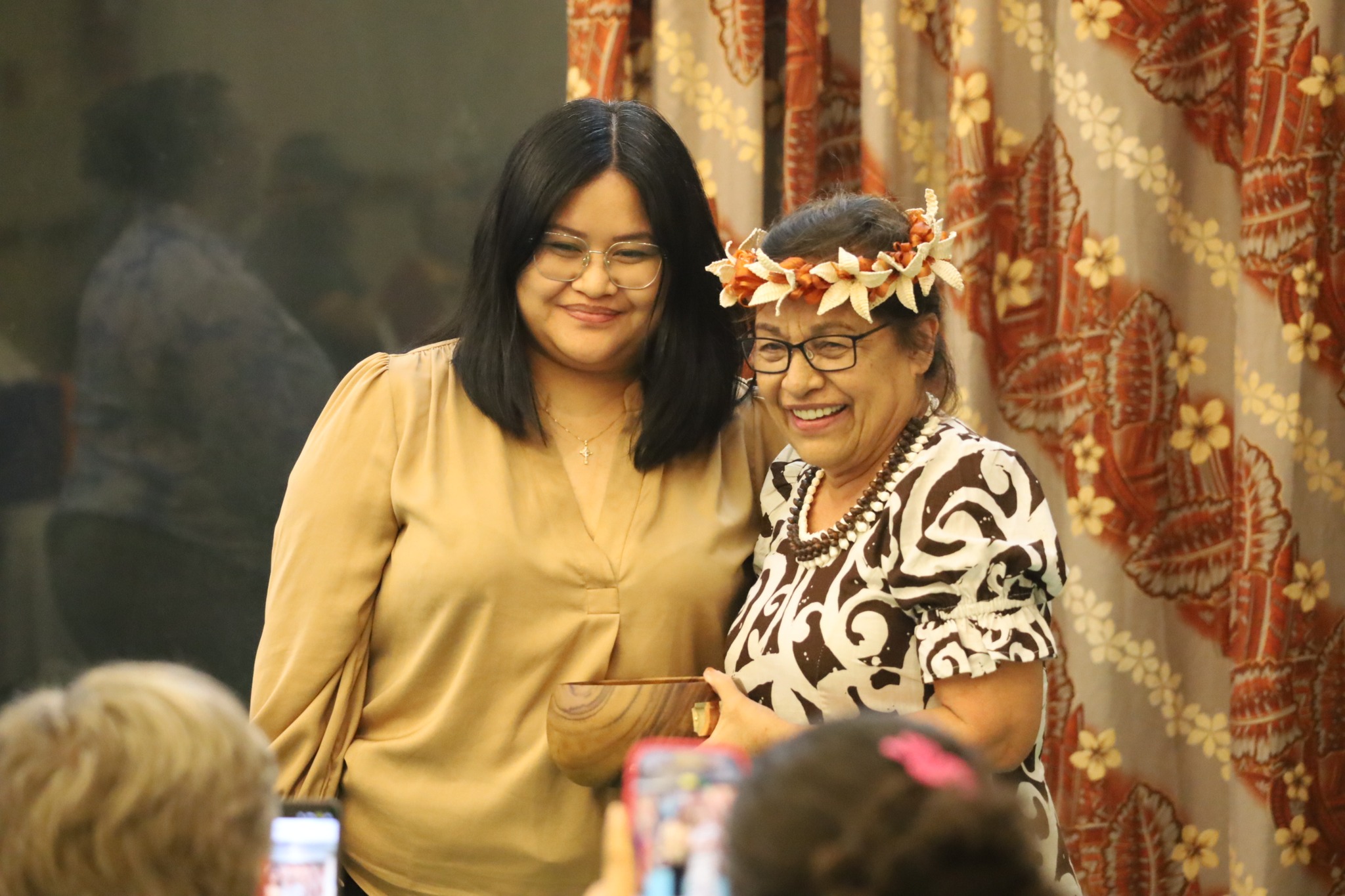
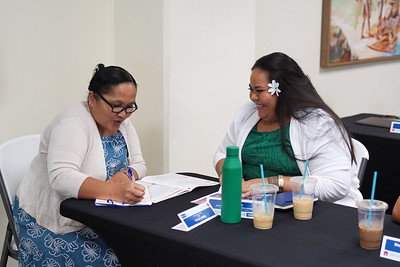
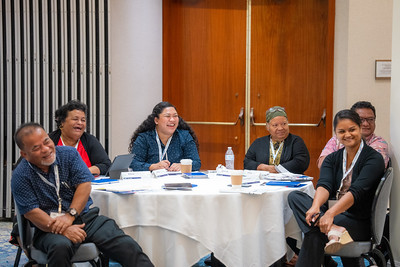
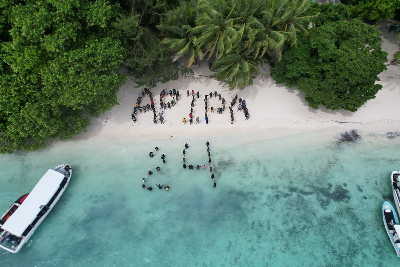
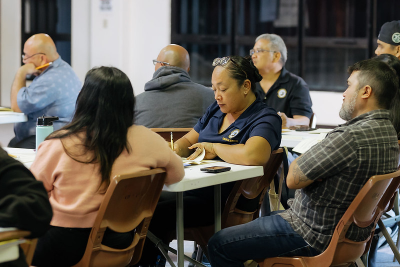
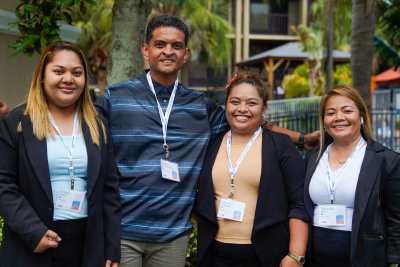
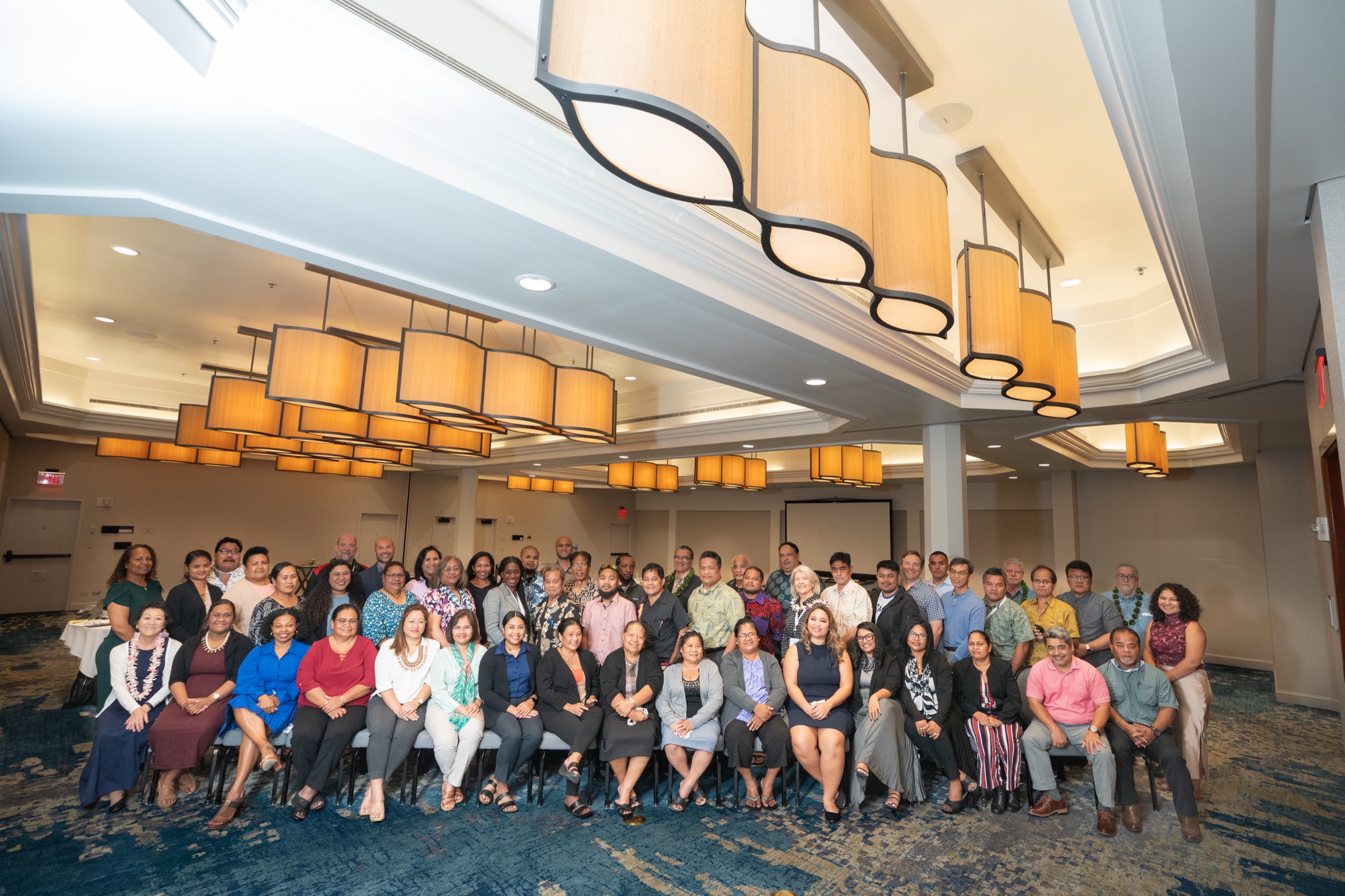


 COMPLETE GALLERY
COMPLETE GALLERY HOME
HOME NEWSROOM
NEWSROOM INITIATIVES
INITIATIVES CONFERENCES
CONFERENCES TRAINING
TRAINING ABOUT PITI-VITI
ABOUT PITI-VITI CONTACT
CONTACT ACCESSIBILITY
ACCESSIBILITY




 +1.808.523.1650
+1.808.523.1650

 900 Fort Street Mall, Suite 1540
900 Fort Street Mall, Suite 1540 
 Reset Password
Reset Password
 Chat
Chat
 Email
Email


 ACKNOWLEDGE
ACKNOWLEDGE READ FULL WAIVER
READ FULL WAIVER